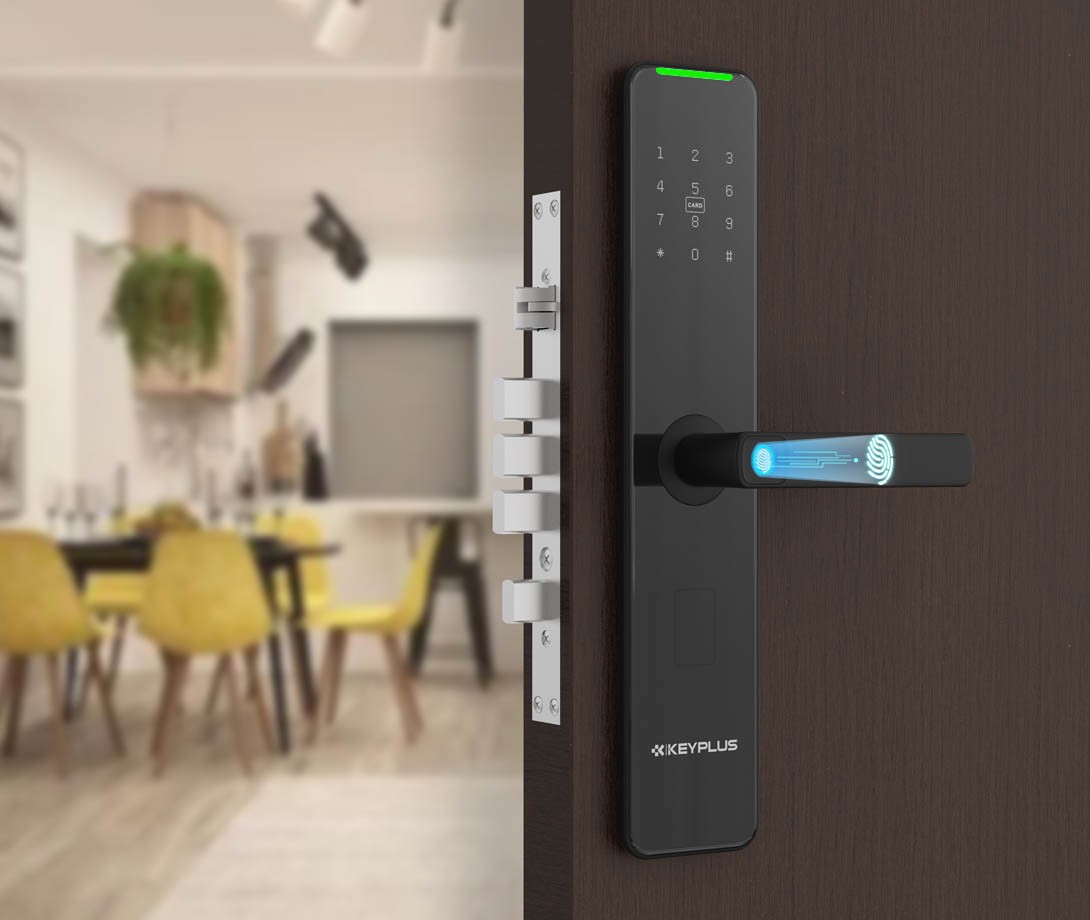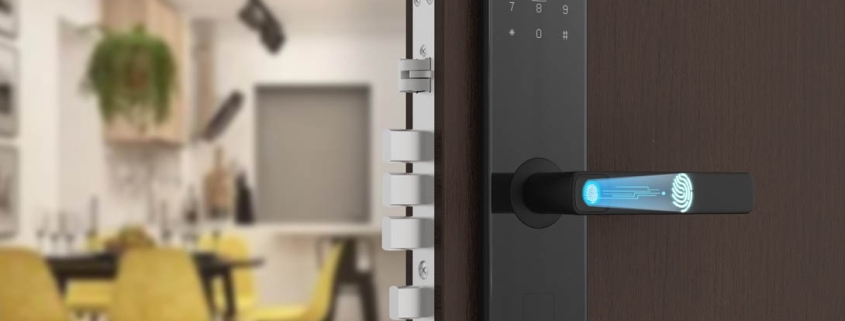How Do Smart Hotel Door Locks Work?
In today’s digital age, hotels worldwide are upgrading from traditional key cards to smart door locks – advanced systems that use cutting-edge technology to enhance security and guest convenience. But how exactly do these futuristic locks function?
This in-depth guide explores the technology behind smart hotel door locks, their key benefits for guests and hotels, and what the future holds for hospitality security.
Understanding Smart Hotel Door Lock Systems
Smart hotel door locks replace conventional magnetic key cards with more secure, convenient, and trackable access methods. These systems consist of three main components:
-
The Electronic Lock Mechanism (installed on each guest room door)
-
The Central Management System (controlled by hotel staff)
-
The Guest Access Credential (mobile, biometric, or digital key)
Primary Technologies Used
-
Bluetooth Low Energy (BLE)
-
Allows smartphones to communicate with the lock
-
Works even without internet connection
-
-
Near Field Communication (NFC)
-
Similar to contactless payment systems
-
Used in smartphone and wearable device access
-
-
RFID Technology
-
Advanced version of traditional key cards
-
More secure than magnetic stripe cards
-
-
Biometric Recognition
-
Fingerprint or facial recognition systems
-
Used in high-security areas and luxury hotels
-
-
PIN Code Access
-
Unique codes assigned to guests
-
Often used as backup access method
-
How Guests Experience Smart Locks
Before Arrival
-
Guests receive a unique digital key via the hotel’s mobile app
-
The key activates at check-in time (or via early check-in feature)
-
Some systems allow pre-check-in through the app
During Stay
-
Smartphone Access: Hold phone near the lock (NFC/BLE)
-
Wearable Access: Use smartwatch or wristband (in resort hotels)
-
Voice Control: Some systems integrate with Alexa for Business
-
Auto-Unlock: Door unlocks as guest approaches (using geofencing)
After Check-Out
-
Digital key automatically expires
-
Lock immediately resets for next guest
-
All access records stored in hotel’s system
Benefits for Hotels
-
Enhanced Security
-
No more lost/stolen key cards
-
Instant remote deactivation of credentials
-
Detailed access logs for every entry
-
-
Operational Efficiency
-
Eliminates key card programming
-
Reduces front desk workload
-
Enables seamless room changes
-
-
Guest Experience Improvements
-
Contactless check-in/check-out
-
No waiting in line for key cards
-
Ability to grant temporary access (for staff/visitors)
-
-
Cost Savings
-
Eliminates key card replacement costs
-
Reduces labor costs at front desk
-
Longer hardware lifespan than traditional systems
-

Benefits for Guests
-
Ultimate Convenience
-
Never worry about losing room keys
-
Hands-free entry when carrying luggage
-
Share digital keys with travel companions easily
-
-
Enhanced Privacy
-
No staff members need physical access to your room
-
Housekeeping access can be scheduled digitally
-
-
Safety Features
-
Real-time notifications if door is accessed
-
Emergency unlock features in some systems
-
-
Future-Proof Experience
-
Integration with other smart room features
-
Potential for personalized room settings upon entry
-
Potential Challenges and Solutions
Technology Limitations
-
Dead phone battery: Most hotels provide backup options (front desk codes, NFC cards)
-
Connectivity issues: Systems designed to work offline once credentials are downloaded
Security Concerns
-
Hacking risks: Modern systems use bank-level encryption (AES-256 standard)
-
Privacy issues: Reputable hotels comply with GDPR and data protection laws
Adoption Barriers
-
Older guests: Hotels maintain traditional key options
-
Device compatibility: Systems support both iOS and Android
The Future of Smart Hotel Locks
-
Fully Integrated Room Experiences
-
Lights, temperature, and TV adjust automatically upon entry
-
Personalized welcome messages displayed
-
-
Advanced Biometrics
-
Palm vein recognition
-
Voice authentication
-
-
Blockchain-Based Security
-
Tamper-proof access records
-
Decentralized credential management
-
-
AI-Powered Access
-
Predictive unlocking based on guest behavior patterns
-
Automated security threat detection
-
Industry Adoption Statistics
-
78% of luxury hotels now offer mobile key options (2024 Hospitality Tech Report)
-
Mobile key adoption increases guest satisfaction scores by 22% (J.D. Power 2023)
-
64% of business travelers prefer hotels with digital key systems (American Express 2024)
Conclusion: Are Smart Hotel Locks Better?
Smart hotel door locks represent a significant upgrade over traditional key systems, offering:
Enhanced security for both guests and hotels
Streamlined operations for staff
Superior convenience for travelers
While the technology continues to evolve, current systems already provide tangible benefits that improve the guest experience while maintaining rigorous security standards.
Next time you check into a hotel, consider opting for the digital key option – you might never want to go back to plastic key cards again!
Have you used a smart hotel lock? Share your experience in the comments below!









